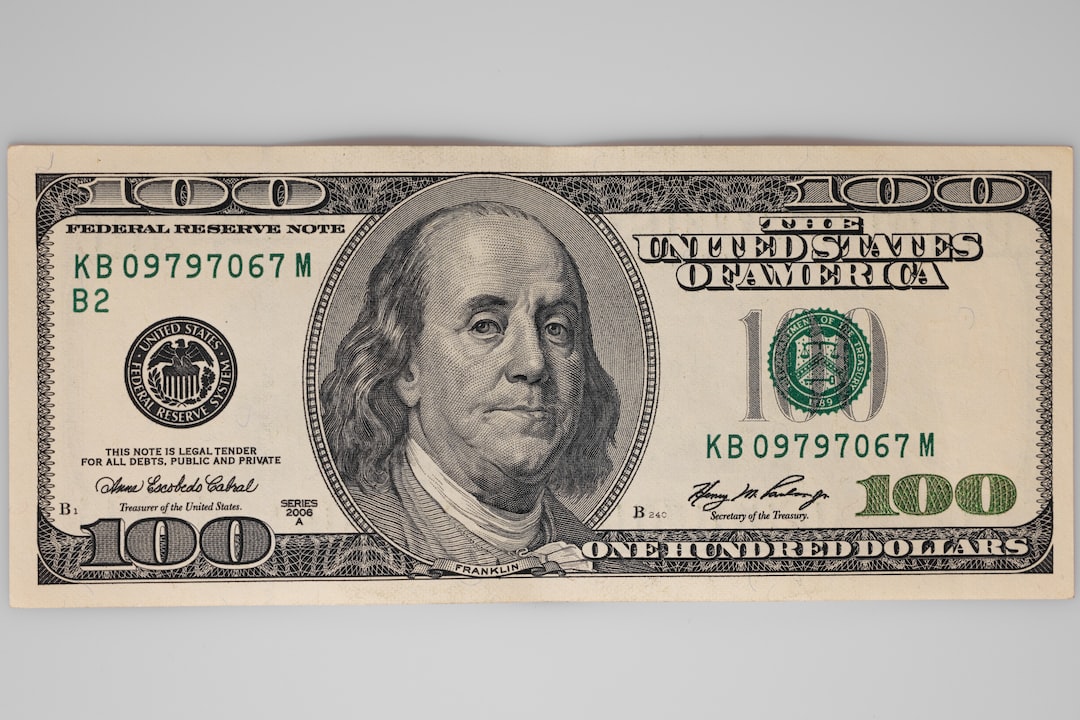Forex brokers are essential for retail traders, as they provide access to the foreign exchange market. In return for their services, forex brokers charge fees, which can be in the form of spreads, commissions, or other charges. One of the most common ways a forex broker charges fees is through pip spread. In this article, we will explain how a forex broker charges by pip spread, and what factors affect the spread.
Firstly, what is pip spread?
In forex trading, a pip is a unit of measurement for the movement in the price of a currency pair. It stands for “percentage in point” or “price interest point.” A pip is usually the fourth decimal place in a currency pair, except for currency pairs that involve the Japanese yen, where the second decimal place is the pip. For example, if the EUR/USD pair moves from 1.1000 to 1.1001, that’s a one-pip movement.
Pip spread, also known as the bid-ask spread, is the difference between the bid price and the ask price of a currency pair. The bid price is the price at which a broker is willing to buy a currency pair, while the ask price is the price at which a broker is willing to sell a currency pair. The pip spread is the cost that a trader pays to enter a trade, and it’s usually measured in pips.
How do forex brokers charge by pip spread?
Forex brokers charge by pip spread by adding a markup to the bid-ask spread. This markup is usually a few pips, and it’s the broker’s profit. For example, if the bid-ask spread for the EUR/USD pair is 1.1000/1.1001, and the broker adds a two-pip markup, the new bid-ask spread will be 1.0998/1.1003. The trader would pay a three-pip spread to enter the trade.
The pip spread can vary between brokers and currency pairs. Some brokers offer fixed spreads, which means the spread remains constant regardless of market conditions. Other brokers offer variable spreads, which means the spread can widen or narrow depending on market volatility. Variable spreads are usually lower during times of low market volatility and higher during times of high market volatility.
What factors affect the pip spread?
Several factors can affect the pip spread, including:
1. Liquidity: The more liquid a currency pair, the lower the pip spread. Liquidity refers to the ease of buying and selling a currency pair without affecting its price. Major currency pairs like EUR/USD, USD/JPY, and GBP/USD are more liquid than exotic currency pairs like USD/HKD or EUR/TRY.
2. Market volatility: When market volatility increases, the pip spread widens. This is because brokers want to protect themselves from sudden movements in the market that could result in losses.
3. Broker’s business model: Some brokers offer fixed spreads, while others offer variable spreads. Brokers that offer fixed spreads usually charge higher spreads than brokers that offer variable spreads.
4. Trading platform: The trading platform used by the broker can also affect the pip spread. Some trading platforms offer direct market access (DMA), which means traders can access the interbank market and get lower spreads.
Conclusion
In conclusion, forex brokers charge by pip spread by adding a markup to the bid-ask spread. The pip spread can vary between brokers and currency pairs and can be affected by liquidity, market volatility, the broker’s business model, and the trading platform. Traders should choose a broker that offers competitive spreads and a trading platform that suits their trading style. It’s also essential to understand how pip spread works to calculate the cost of entering a trade accurately.





